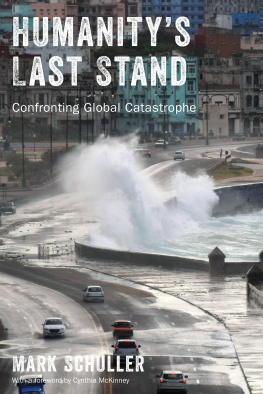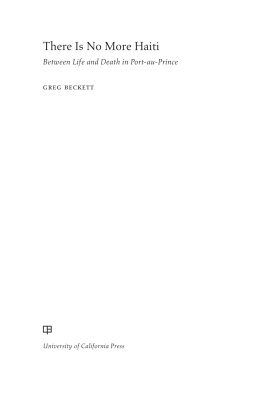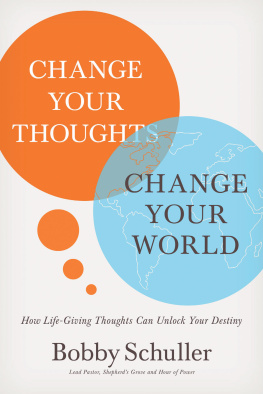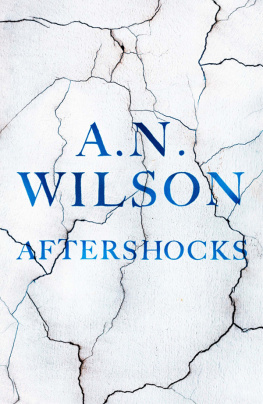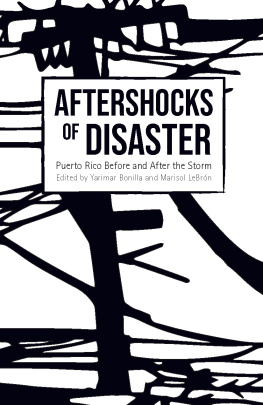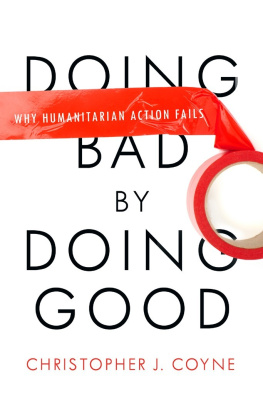Library of Congress Cataloging-in-Publication Data
Schuller, Mark, 1973
Humanitarian aftershocks in Haiti / Mark Schuller.
pages cm
Includes bibliographical references and index.
ISBN 9780813574240 (hardcover : alk. paper)ISBN 9780813574233 (pbk. : alk. paper)ISBN 9780813574257 (e-book (epub))ISBN 9780813574264 (e-book (web pdf))
1. Haiti Earthquake, Haiti, 2010. 2. Earthquake reliefHaiti. 3. Non-governmental organizationsHaiti. 4. NeoliberalismHaiti. I. Title.
HV6002010.H2 S38 2016
363.34'95097294dc23 2015011172
A British Cataloging-in-Publication record for this book is available from the British Library.
Copyright 2016 by Mark Schuller
All rights reserved
No part of this book may be reproduced or utilized in any form or by any means, electronic or mechanical, or by any information storage and retrieval system, without written permission from the publisher. Please contact Rutgers University Press, 106 Somerset Street, New Brunswick, NJ 08901. The only exception to this prohibition is fair use as defined by U.S. copyright law.
Visit our website: http://rutgerspress.rutgers.edu
First I thank the many camp residents for their time, generosity, and inspiration, and also the grassroots organizations and their members whose activism not only makes this research possible but offers hope for other visions for Haiti.
I offer a hearty thank you to the dream team of research assistants Marie Laviode Alexis, Sabine Bernard, Thagne Dauphin, Jean Dider Deslorges, Mackenzy Dor, Jean Rony Emile, Junior Jean Franois, Robenson Jn-Julien, Sandy Nelzy, Adlin Nol, Rose-Mercie Saintilmot, Stephanie Sem, Roody Jean Therlius, Tracey Ulcena, Castelot Val, and Jude Wesh for going to the field in often difficult conditions. The intrepid Jimmy Toussaint typed up thousands of pages of Creole interview transcripts, which the Facult de Linguistique Applique translated into English, and Scott Freeman and Shawn Smith read and coded into N-Vivo.
Michael Barnett, Beverly Bell, Karl Bryant, Marc Cohen, Trude Jacobsen, Liza McAlister, and Dawn Pinder as well as Rutgers University Presss external reviewers offered valuable insights on the manuscript. The Northern Illinois University writing groupAndy Bruno, Laura Heideman, and Emily McKeeoffered comments on chapter drafts as well as moral support. This project benefited immensely from comments on chapters by Beth Currans, Elaine Enarson, Hillary Haldane, Jane Henrici, Jennifer Wies, and Tiffany Willoughby-Herard. Participants of the Royal Holloway University of London Seminar Series and University of Iowa Anthropology Departments Colloquium Series offered useful critiques on chapter 4, first presented at a plenary of the 2012 Haitian Studies Association and published in Feminist Studies as Pa Manyen Fanm Nan Konsa: Intersectionality, Structural Violence, and Vulnerability Before and After Haitis Earthquake (2015).
A draft of the introduction was presented at the London School of Economics, and research was presented at several conferences, including a December 2012 international conference on International Aid and IDP Camps at the Facult dEthnolologie and a 2013 panel on Humanitarianism at FOKAL. I offer a heartfelt thank you to Ilionor Louis for co-organizing the latter discussions.
Activist comrades working in Haitiblan and Haitian alikeoffered invaluable support, advice, and critique: organizations like AVS, BAI, FRAKKA, GARR, and KOFAVIV, as well as individuals Beverly Bell, Olga Benoit, Nixon Boumba, Jean Claudy Caristil, Camille Chalmers, Eramithe Delva, Jackson Doliscar, Alexis Erkert, Sony Esteus, Patrice Florvilus, Ellie Happel, Jessica Hsu, Margo Joseph, Mario Joseph, Amber Munger, Ti Paul Christian Namphy, Nicole Phillips, Jane Regan, Reyneld Sanon, Ti Mak Snyder, and Malya Villard. Practitioner and scholarly colleagues in Haiti like Rachel Beauvoir-Dominique, Jean-Yves Blot, Lise-Marie Dejean, Fritz Deshommes, Jean-Reynold Elie, Yolette Etienne, Nirvah Jean-Jacques, Ilionor Louis, Josette Perard, Michle Pierre-Louis, Chevalier Smail, Charles Vorbe, and Georges Werleigh, helped shape these ideas and sharpen my analysis. Blurring these boundaries, the evening sessions at Kay Joris were sustaining, inspiring, challenging, and motivating. The late Janil Lwijis, who was murdered minutes before the earthquake, was an inspiration for this research and a would-be collaborator. Rachel Beauvoir-Dominique led the path for this work both intellectually and institutionally. Jean-Yves Blot played a particularly helpful role in helping to set up the dream team. Chevalier Smail helped design the gargantuan data management systems. Collaborator and department chair Ilionor Louis has been a consistent colleague, comrade, mentor, and friend.
Offering consistent ongoing support and advice were friends and colleagues outside Haiti as well, like Manolia Charlotin, Tony Oliver-Smith, David Lewis, Lilianne Fan, Antonio Donini, Valerie Kaussen, Gina Ulysse, Kendall Thu, Barbara Rose Johnston, Franois Pierre-Louis, Claudine Michel, Alessandra Benedicty, Faye Harrison, Gregory Button, Benjamin Junge, Alex Main, Brian Concannon, Melinda Miles, Peter Redfield, Jennifer Kirker-Priest, Laura McDowell Hopper, Rachel Drochter, Tania Levey, Selena Rodgers, Michele Gregory, Mychel Namphy, George White, Kelly Josephs, and other comrades and colleagues at the African American Resource Center at York College. The Haitian Studies Association also plays an invaluable role in providing space for in-depth discussion and support for me and countless others. Chapo ba to director Marc Prou.
Research was made possible from the National Science Foundation (#1122704), CUNY Haiti Initiative, the Professional Staff-Congress, CUNY, and the UCSB Center for Black Studies Research for their support of Poto Mitan. Support for the writing of this book was generously provided by the Rockefeller Foundations Bellagio Center Resident Scholar Program. The staff at Bellagio offered an absolutely perfect experience, and participants offered feedback, support, and friendship: Mahnaz Afkhami, Sadik Alfraji, Rae Armantrout, David Brody, Eduardo Diniz, Thomas Farley, Naresh Fernandes, Gauri Gill, Edmund Malesky, Luiz Martinelli, Robert Orr, Bernadette Searle, Romulo Paes de Sousa, and Roy Steiner. I also to gratefully acknowledge Northern Illinois University for their support for the publication.




